In 2011, Harvard Business Review called data science “the sexiest job of the 21st century”. The demand for data science has only grown since. Fortune reported that openings for data scientists saw a 480% increase since 2016. This growth is so tremendous that there remains a shortage of 250,000 data science professionals as of 2020.
Unfortunately, those who desire a role in data science might find themselves discouraged. A glance at a data science job description reveals a formidable list of skills. The intense competition for data science positions has also left some applicants rejected by their dream jobs.
Yet, many do not realize that the career trajectory of a data scientist may be non-linear. Jobs that are not titled “data scientist” can still equip one with valuable data science skills too! These skills include statistics, data manipulation, machine learning, programming, business acumen, and storytelling skills–all of which are essential for a data scientist.
Here are a few roles that can be stepping stones towards your goal of becoming a data scientist. These technical and non-technical roles can help you break into the industry.
Non-Technical Data Roles
Data/Analytics Translator
Dubbed by McKinsey as “the new must-have role,” an analytics translator helps business leaders prioritize their business problems, and then convey these business goals to data professionals. An analytics translator gets the buy-in from business leaders and ensures that the solution built by data teams generates business values.
“You’re constantly breaking down technical concepts and getting everyone to speak the same language,” said Gruschow, a technical analyst at Fortive, as she described her role. According to McKinsey, a good candidate for an analytics translator has an entrepreneurial spirit, good project management skills, and general technical fluency (though programming expertise is optional). If you have these skills, the role of an analytics translator might be up your alley.
Data Science Product Manager
Data science product managers (PM) own the roadmap of data science products from conceptualization to launch. Collaborating with business teams, they identify how data science can address business pain points. PMs then work closely with data professionals and developers to craft the product requirements, oversee the product development, and define success metrics.
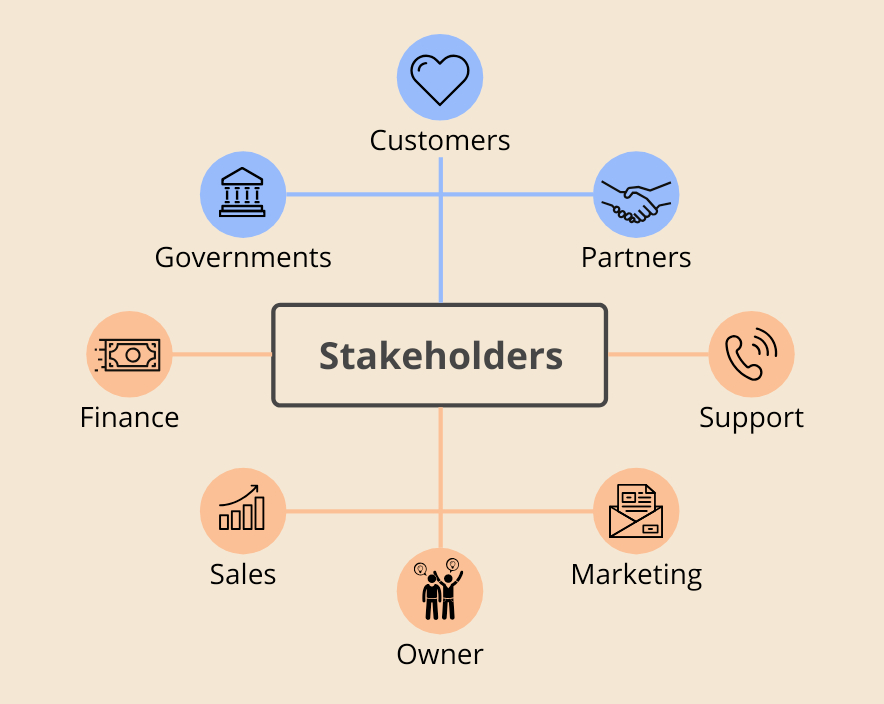
A product manager is in constant communication with a diverse set of stakeholders (Source)
Each company has its own unique data science product. A data science product manager at a business intelligence company might oversee the development of a data visualization tool, while another product manager at a streaming company might own the roadmap of an in-app recommendation feature. Those who have a knack for stakeholder management and a broad understanding of data science fit the bill for this role.
Data Strategy Consultant
Data strategy consultants design, build, and implement data strategies that improve business performance. Consultants work with business leaders to assess a company’s data capabilities, and propose roadmaps towards a data-driven organization.
A consultant identifies how companies can use data technologies to address their problems. The strategy is likely to differ depending on the company’s maturity levels. For a young organization, the consultant might propose the implementation of data management and governance tools. For a mature organization, the consultant might suggest the use of innovative cloud solutions. Those with a prior consulting background might find this role appealing. On top of that, those with some practical knowledge of various data frameworks (like data governance, data management, business intelligence, advanced analytics, machine learning, and cloud platforms) are considered a great fit for the role.
Technical Project Manager
Technical project managers plan, organize and direct technical data science projects. Project managers manage resources available to a project, ensuring that it is delivered in time, on budget, and within scope.
As project managers oversee a project from conception to launch, their role is rather diverse. They plan project outlines, schedule project tasks, evaluate project phases, communicate with stakeholders, and manage the product vision. To manage cross-functional project teams, they use development methodologies like Scrum and Agile.
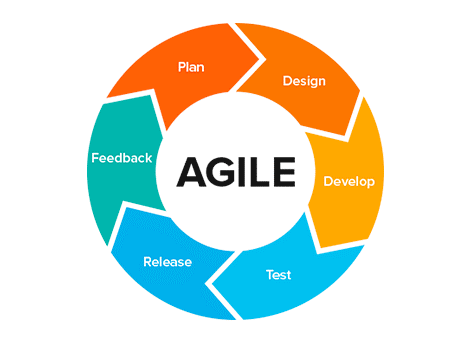
The Agile Methodology (Source)
The role of a technical project is suitable for those with prior managerial experience. Candidates with technical backgrounds in data science, software engineering, or UI/UX are likely to have an advantage in landing the role of a technical PM.
Technical Writer
As data science products grow in number and scale, so does the need for technical documentation. Proper and concise documentation is one of the best ways for a developer to communicate instructions to the end-users.
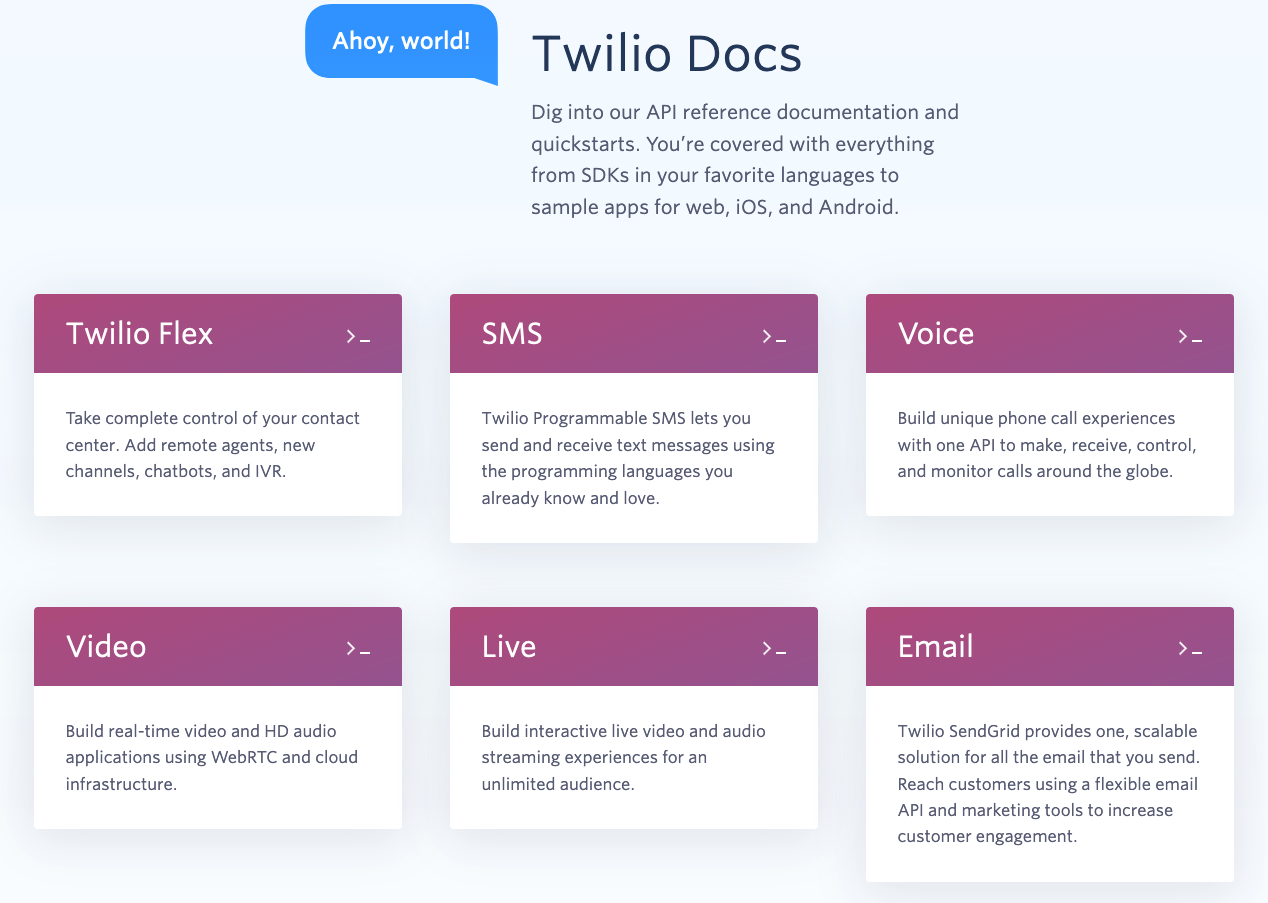
Example of technical documentation by Twilio (Source)
A technical writer fulfills such a gap by delivering getting-started guides, in-depth product documentation, and API reference materials on technical products. They also collaborate closely with development engineers, product managers, and program managers to design the documentation. Technical writers should have a technical background so they can interact with technical teams easily. If you are interested in pursuing technical writing, you might want to include samples of your technical writing in your portfolio before starting your job hunt.
Technical Data Roles
Business Intelligence Analyst
A business intelligence analyst uses data analytics and visualization to help organizations make data-driven business decisions. The day-to-day of a BI analyst involves interpreting key data to generate insights. To communicate these insights, BI analysts maintain metrics and visualizations in the form of dashboards or presentation slides. As such, a BI analyst is skilled in database tools (SQL), business intelligence tools (like Tableau), and spreadsheet tools (like Excel).
One exciting project for BI analysts is to automate existing reporting processes. For example, BI analysts at HelloFresh removed the need for manual data reporting by creating real-time dashboards. The marketing team then leveraged these reports to optimize marketing campaigns, and in turn improve customer retention.
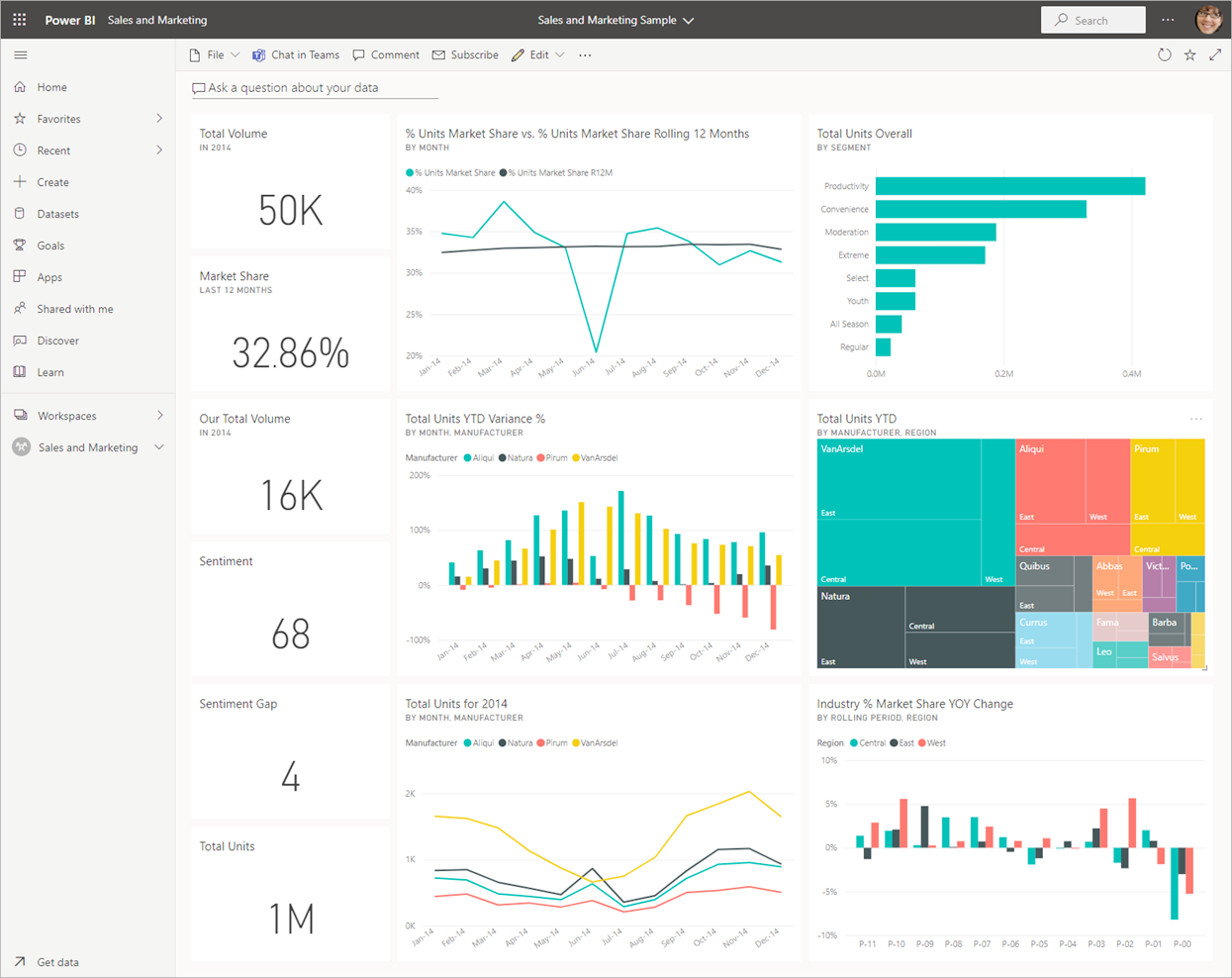
Example of a PowerBI Dashboard
Data Analyst
A data analyst shares many similarities with a BI analyst. Like a BI analyst, a data analyst is responsible for providing accurate business metrics and extracting actionable insights for business stakeholders to make data-driven decisions.
In some companies, a data analyst might be involved in advanced analytics projects. Such projects might require a data analyst to partner with product, business, and engineering teams to drive key business decisions. For example, a data analyst might be tasked with creating a customer segmentation, which can be used to craft segmentation-specific strategies.
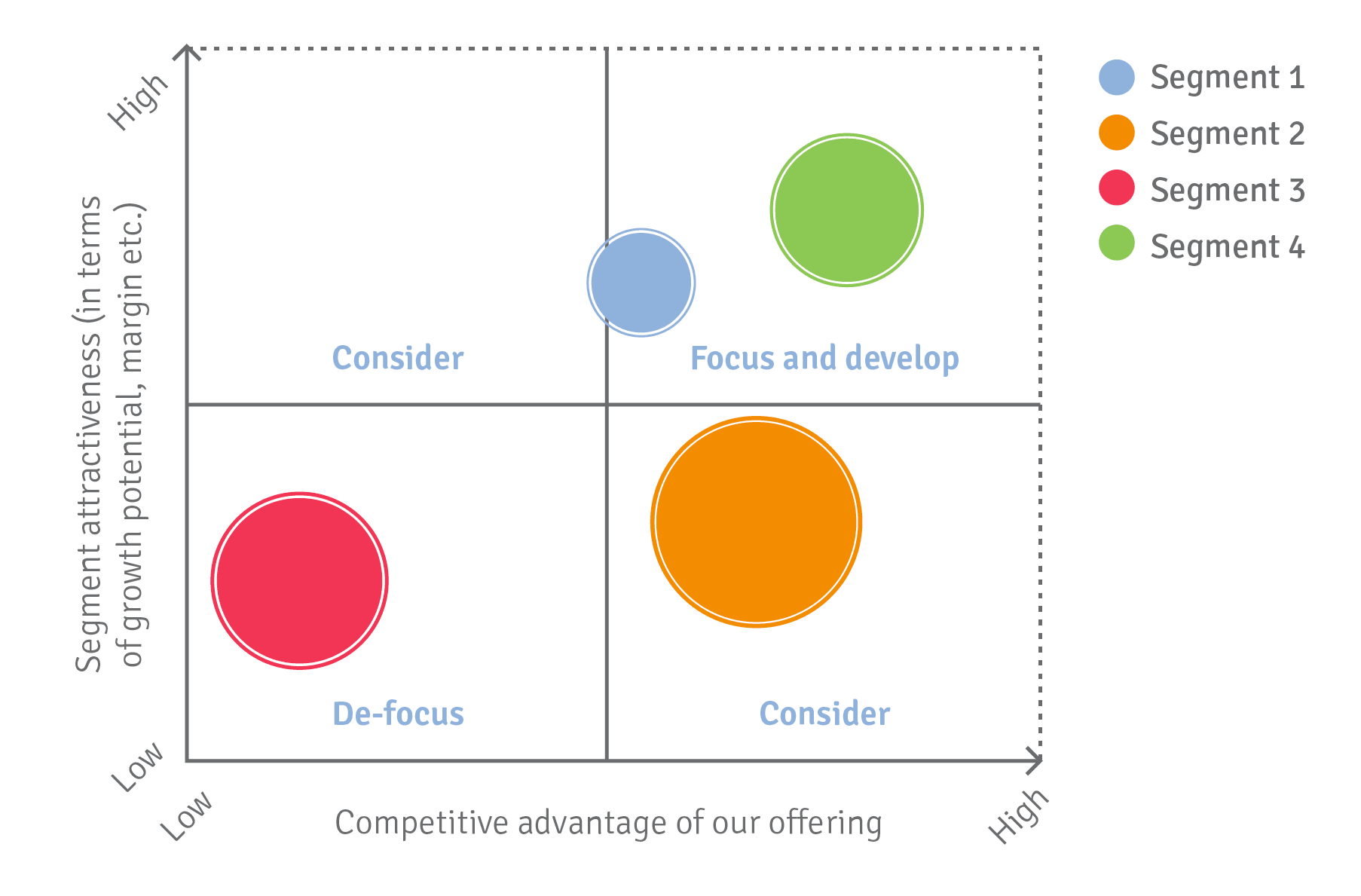
Data analysts can perform customer segmentation (Source)
Depending on the scope of the job, a data analyst might be required to know not only SQL, BI tools, and spreadsheet tools, but also a programming language (such as Python or R). Strong knowledge of statistics will also help data analysts when working on advanced analytics projects.
MarketingOps Analyst
A marketing operations analyst implements marketing processes and analyzes marketing performance. Such processes can include lead management and customer engagement using CRM software. Marketing analysts analyze customer and supplier data to discover opportunities and optimize marketing processes. For example, an analyst might conduct a funnel analysis to find the weakest link in the customer conversion process.
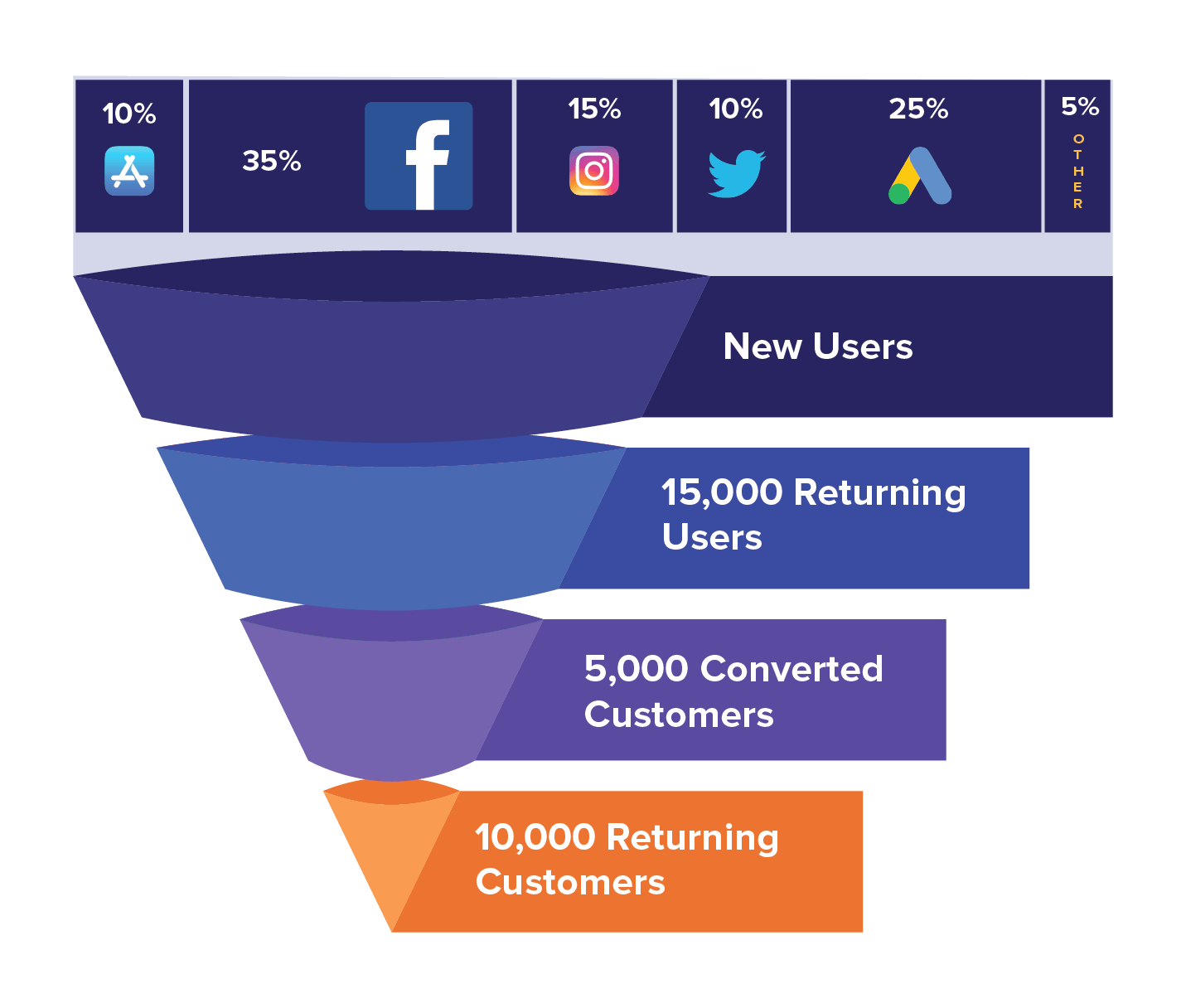
Example of a funnel analysis (Source: Clevertap)
Moreover, marketing ops analysts can perform hypothesis tests to optimize marketing performance. With proper A/B testing, an analyst might discover that emojis in email titles significantly improve the clickthrough rate among younger audiences. This role is an excellent stepping stone for those with a knack for marketing. It is also ideal for fresh graduates, as NCSU reports that up to 45% of marketing ops analyst postings require less than 2 years of experience and 80% of postings require a bachelor’s degree.
Financial Analyst
Financial analysts examine financial data, identify investment opportunities, and evaluate outcomes of business recommendations. Specifically, they analyze the interplay between macroeconomic factors, microeconomic conditions, and a company’s fundamentals. Financial figures are the bread and butter for financial analysts. To evaluate the health of a company, they examine metrics like gross margin, net margin, growth rates, return on equity, and earnings per share, among others.
Analysts also make projections on a company’s future performance and value using statistical methods (like regression analysis), and advanced financial modeling (like discounted cash flow analysis).
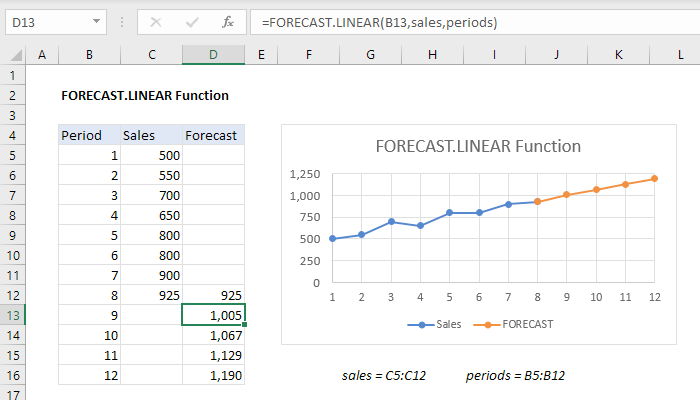
An example of a simple regression analysis performed by a financial analyst (Source)
Those with a bachelor’s degree–preferably in accounting, economics, finance, or statistics– or an MBA stand a good chance of becoming a financial analyst, according to Investopedia.
Machine Learning Engineer (MLE)
According to LinkedIn, MLE is one of the 25 fastest-growing job titles in 2022. MLEs design, build and productionize machine learning models. Thus, they are proficient in designing model architecture, orchestrating machine learning pipelines, and monitoring ML solutions in production.
For example, an MLE working at a ride-hailing company might monitor the time taken for its production matchmaking AI to match a driver to a rider. The MLE works with data scientists to ensure that the time does not exceed a predefined threshold. The MLE role is suitable for those with strong programming capabilities, like software engineers, or data engineers. MLEs should also have a strong foundation in mathematics and statistics and a solid understanding of machine learning models.
Build Your Data Career
Eager job seekers who are fixated on the role of a data scientist might overlook these job titles in their job hunt. Our advice? Don’t be afraid to pursue job titles beyond data scientist if you can learn data science skills on-the-job. As Steve Jobs put it gracefully, “you cannot connect the dots looking forward… so you have to trust that the dots will somehow connect in your future.”
This article was originally posted on the DataCamp Certified Community, an exclusive platform for all learners who have successfully completed one of DataCamp’s certifications. To gain access to this community for even more content that will help you stay at the forefront of the data industry, get certified today!

